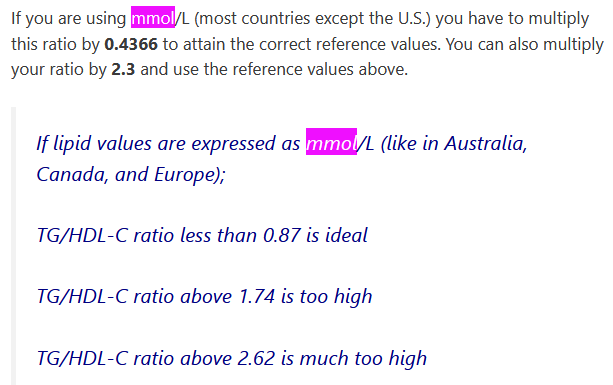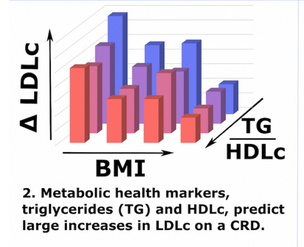Your ratio of triglycerides to HDL is 0.4, so your cardiovascular risk is minimal, regardless of what your LDL is doing. Any ratio of 0.9 or less indicates minimal risk (you would want 2.0 or less in American units). If you were to have an NMR analysis of your LDL done, it would be guaranteed to to show the healthy Pattern A. Also, given how low your ratio is, I suspect that you are probably not very insulin-resistant. You are doing fine.
Another matter is that 4.5 is not that high for LDL. There are people, called lean-mass hyper-responders, who go on a ketogenic diet, lose a lot of fat, and find that their LDL goes to nearly twice what you are showing. They seem to be perfectly fine, and there is a study being conducted to determine whether their high LDL is or is not a risk.
And lastly, don’t even look at your lipid numbers again until you have been eating a ketogenic diet for at least six months. Tests done in the meantime will only alarm your doctor prematurely. Most people are not lean-mass hyper-responders, and their LDL settles at a level that their physician is comfortable with. It’s far too soon to know how your body is going to respond.
As for your question about statins, I am prejudiced against them, but I can reasonably tell you that it’s far too soon in the process for a decision to be made about that. Wait till you’ve been eating keto or carnivore for at least six months, then we can discuss the matter. Taking a statin will indeed lower your LDL, but the question is, at what cost? There are some serious side effects that affect a lot of people. And also, there are studies out there showing that people with low LDL develop health problems that you may want to avoid. Cholesterol is part of the walls of every cell in your body; it makes up a considerable portion of your brain; it is essential to the transmission of nerve impulses; and it plays a vital role in the human immune system. So messing with it is not something to be undertaken lightly.
Now, the question of how much a ketogenic diet will help your autoimmune condition is a very different one. There are no guarantees, but it might very well be of some use. At the very least, you may experience a palliative effect, but complete reversal is definitely not guaranteed, though we can hope.





